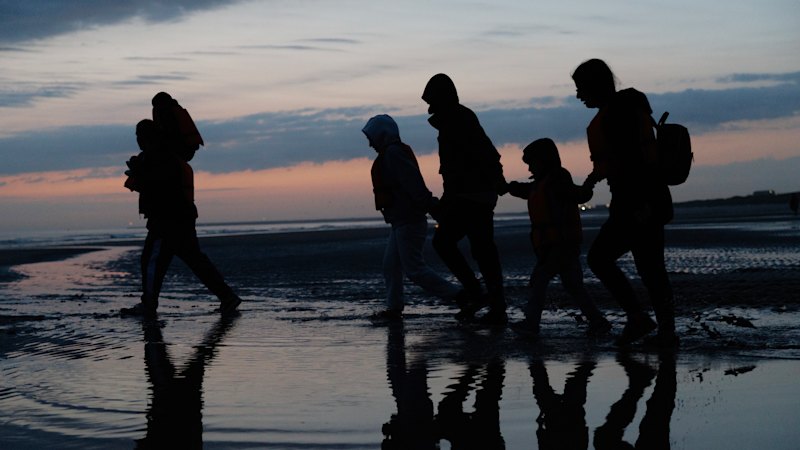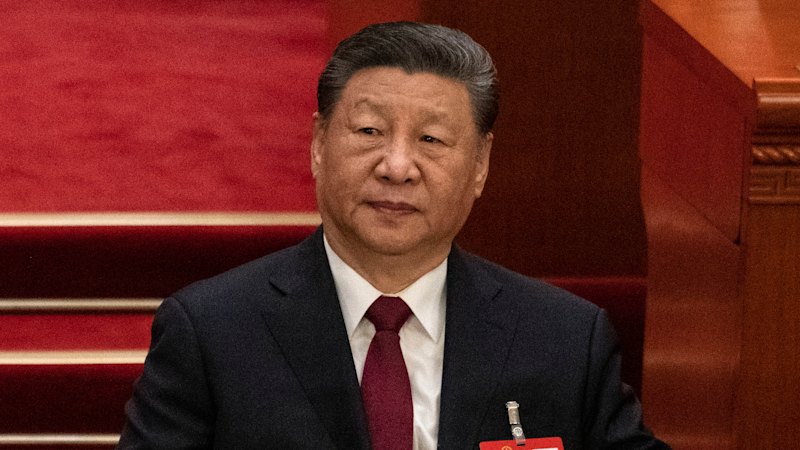
Poland is set to implement stricter border controls with Germany starting Monday, escalating a dispute over asylum seekers that underscores the growing fractures within Europe regarding open borders. This move follows warnings from political leaders about the rise of far-right vigilantes patrolling the border to prevent asylum seekers from moving between the two nations.
As migration disputes intensify across Europe, political leaders are grappling with voter unrest over economic pressures while responding to calls for more stringent refugee policies. Recently, French police took drastic measures by slashing an inflatable boat carrying asylum seekers to prevent it from reaching Britain. Meanwhile, Poland and Germany remain at odds over handling westbound asylum seekers crossing their shared border.
Political Tensions and Border Security
German Chancellor Friedrich Merz, who campaigned on a tougher migration stance, has increased police presence along the German-Polish border to turn away asylum seekers. This development follows Poland’s accusations that German officers escorted an Afghan migrant to the border and forced him onto Polish territory, a move deemed “unacceptable and intolerable” by Polish officials.
Poland’s cabinet ministers, responding to these tensions, decided to enforce tougher border checks along the German border starting Monday, extending these measures to the border with Lithuania. Prime Minister Donald Tusk justified the decision, stating,
“We consider the temporary reintroduction of controls necessary to reduce the uncontrolled flows of migrants across the Polish-German border to a minimum.”
Domestic Pressures and International Implications
Domestic political dynamics are further fueling these tensions. Prime Minister Tusk faced a political setback in June when his preferred presidential candidate lost to Karol Nawrocki, a proponent of stricter migration policies akin to those of former US President Donald Trump. Nawrocki has criticized Tusk for allegedly allowing Germany to send undocumented migrants into Poland, framing the issue as one of national pride.
The Schengen Zone, which has facilitated visa-free travel across 29 European countries for decades, remains intact for tourists despite these border disputes. However, the situation highlights the strain on the Schengen agreement when countries disagree on asylum seeker policies. Chancellor Merz emphasized Germany’s commitment to preserving the Schengen system, provided it is not exploited by criminal networks smuggling migrants.
Broader European Context
Germany and Poland are not alone in facing migration challenges. France and Britain are negotiating a shared policy to manage asylum seekers, with French President Emmanuel Macron set to visit London for discussions with British Prime Minister Keir Starmer. The proposed “one in, one out” agreement would allow Britain to return some asylum seekers to France, a plan opposed by several EU countries, including Italy and Spain, for potentially violating EU rules.
In the backdrop of these negotiations, the UK government reported that 517 people crossed the English Channel in small boats on a single day, reflecting a persistent pattern of arrivals over the past three years.
Looking Ahead
As Europe grapples with these complex migration issues, the decisions made by Poland and Germany could set precedents for other countries facing similar challenges. The ongoing negotiations between France and Britain, alongside the internal EU debates, will likely influence future policies and the overall stability of the Schengen Zone.
Observers will be closely watching how these developments unfold, with implications for both domestic politics and international relations within Europe. The situation remains fluid, and the actions taken in the coming weeks could significantly impact the continent’s approach to migration and border management.







